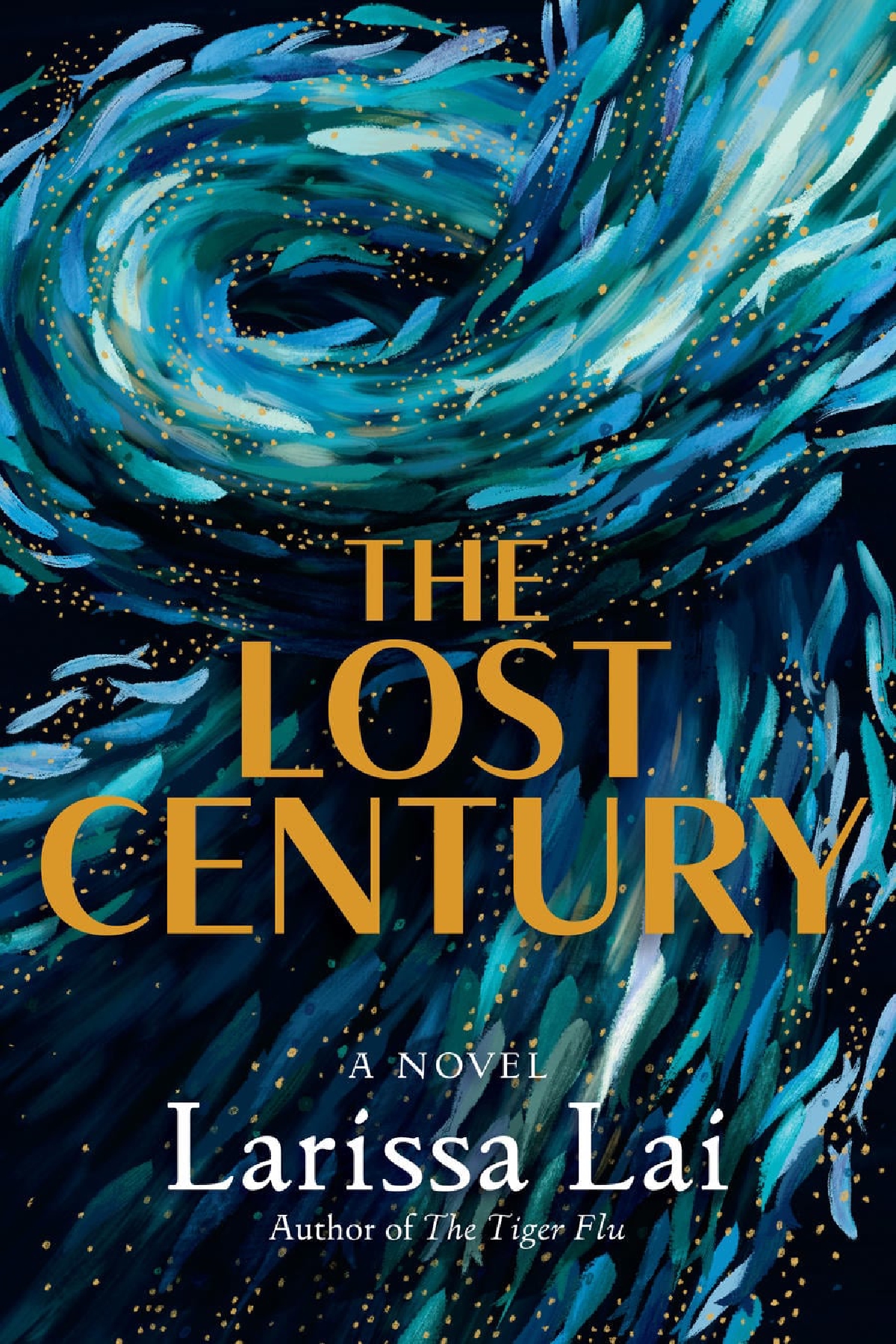
Transcendent Memory in Larissa Lai’s The Lost Century
Larissa Lai’s The Lost Century opens in 1997, on the afternoon before Hong Kong is transferred from the British to the People’s Republic of China. Ophelia and her great-aunt Violet settle into a restaurant and begin a multi-course meal of typhoon-shelter-style crab, congee mixed with thousand-year-old egg, tapioca pudding, and many other delectables. While waiting for the food, Ophelia pleads for her great-aunt to recount some of their family history before and during the Japanese occupation in the 1930s and 40s. The present fades into the backdrop as Violet begins to speak of the past, her memory so commanding that it ushers a physical transition on the page from italicized to non-italicized font, the narration stopping only for the rare interruption of a new dish served or Ophelia urging her great-aunt to continue the telling. While mainly recounted from Violet’s point-of-view, her memory seems to have a life of its own. It weaves through other characters’ interiorities in a way that memory should not be able to, like magic.
Violet’s story begins in childhood, as the ugly and responsible younger sister to the beautiful Emily. In the late 1930s, Hong Kong sits at the intersection of past and present European colonialism, the rise in Japanese fascism, and the Chinese Civil War. Politics infiltrate every aspect of the sisters’ lives, as well as the lives of those around them, creating a country rife with contradictions. Western goods and ways of thinking stir up tensions between modernity and tradition. Christianity, the “white man’s strange religion,” competes against more traditional god worship. The nation is segregated with the English at the upper echelons of society and the Hong Kongers at the bottom. The desire to escape British colonization clashes with skepticism about Japan’s imperialistic aims to create an “Asia for Asians.” Despite all the sociopolitical turmoil, the sisters’ futures are full of possibility. As they come of age, Emily elopes with Tak-Wing, the handsome son of her father’s mortal enemy, as Violet prepares to go to university. But everything changes the moment the British surrender and the Japanese Imperial Army takes over Hong Kong.
Lai is blunt in her depiction of violence during the Japanese occupation. In one scene, thousands of Chinese women carrying babies are forced to march onto a cricket field, every woman a victim of rape, including Emily. But even more devastating are the ways we see the men around Violet and Emily become monsters; they take the pain inflicted on them and inflict it onto those once closest to them. For Tak-Wing, seeing his wife carrying a son who could have been fathered by a Japanese soldier is his breaking point–“his once beautiful wife had been made a conduit of [the Japanese’s] hatred for him…so she had become a conduit for the hatred he returned to them.” Once deeply in love, Tak-Wing soon turns to abuse. Emily compares her continually-violated body to one of a fish, a body that is constantly changing as she is consumed by the relentless hunger of others:
“How many times can a fish be eaten before it ceases to exist? Surely only once. You can catch it once. You can kill it once. You can only season and fry it once. You can only serve it once. Even a fried fish is better off than me, used and reused in every way one might imagine…[i]f only I could be fully eaten. If only I could leave my body.”
She describes this century as lost, full of all the moments that were supposed to happen but never did. Yet Lai is also careful to not portray these Hong Kongers as passive beings that history is happening to. They engage, resist, and survive in every way they can, even when survival means fleeing everything and everyone that they once loved. Even when survival means burying the trauma deep into an extended silence.
I used to think that memory was fragile: easily lost and liable to break. After all, there are already many ways the horrors of the Japanese occupation have been contorted and warped and disappeared. In Japan, imperialistic violence is often not included within collective memory. The victim’s voices and brave moments of resistance are buried beneath colonialist narratives. There are also the unknown pieces of our ancestors’ lives that leave when they die or vanish in the taut silence that sometimes exists between generations of families. In The Lost Century, however, memory is powerful and even transcendent.
For many of us from marginalized communities, our memories and stories are often lost, whether intentionally or unintentionally. Violet herself expresses reluctance to recount the past because “[her] generation thought it was healthier to forget…so as not to burden the next generation.” But to be lost also presents the possibility to be found, or, as Emily thinks when she is at her lowest, to “make a new world for ourselves and the ones we love, dance and sing it into being.”
Here, in The Lost Century, we see the finding of memory, the passing on of life and narrative and potential new worlds to be built at the crossroads of history and between generations.
The Lost Century is available now from Arsenal Pulp Press